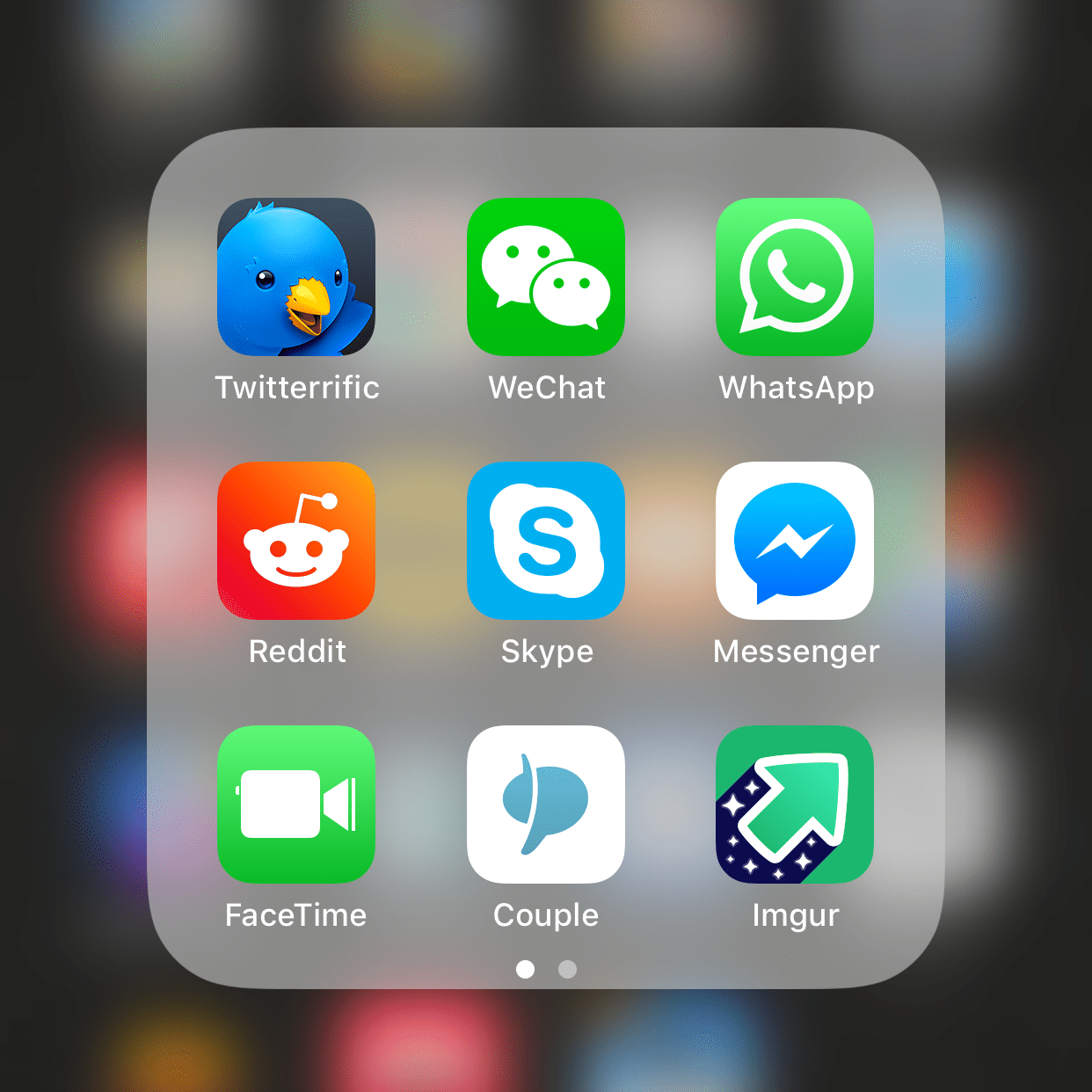The new RCS standard is just better SMS, and that is a bad thing
Google has managed to herd device manufacturers and telcos to support a new standard for messaging: Rich Communication Services (RCS). In short it is “SMS, but good”, with support for images and other rich media. After gChat, Hangouts, Google+, Meet, Allo or Duo, we can be skeptical on whether it will be adopted.
But I think it will. In order to understand why, let’s look at iMessage. When iMessage launched people already had means to communicate with their families, colleagues and friends: WhatsApp, Skype, Hangouts, Facebook WeChat… SMS usage varied country by country, depending on whether the service was paid per message. RCS will be integrated just like iMessage: when you send a message to a phone which supports RCS, it will be used instead of SMS.
When iMessage was introduced I had sporadic use of SMS and I knew few people with iPhones. But as that number grew, so did the amount of blue bubbles. Feature-wise iMessage was comparable to other platforms. What makes the Messages1 app stand out is that it is present by default and cannot be deleted.
In a similar fashion, the Android Chat will replace SMS. RCS is not a new silo; it is the long needed update to an outdated system.
RCS–the messaging app killer

So many single purpose apps!
Each social network starts with an original idea but in the end the users will stay if it has a compelling messaging component. To build such a service, it is necessary to know your connections. Initially it was possible to borrow the social graph from Twitter and Facebook, but they have closed the pipes. New players piggy-back on the phone’s contact list to create a rudimentary graph of connections that is tied to telephone numbers. This is a great advantage for RCS it already has access to your contact list as it is your new default messaging service.
As people upgrade to RCS, they will discover that they do not need to have Messaging App X for “that one person”. As nobody wants to have a folder full of instant messaging apps, many will be replaced by RCS by erosion. When you replace the application you use for one person by RCS, they have one fewer reasons to use it. As times goes on, only the very large networks will survive.
What is the bad news?
When people left SMS for other services they have got encryption for free. Some services provided end-to-end encryption2, some only at the transport level. With the exception of Signal, few people choose messaging services based on privacy — many do not even know what it means for them.
With RCS, this feature will disappear and many will lose the protection provided by encryption without knowing it. When SMS was created, security was not a thing in personal communication. Anybody who got hold of your phone could suck all of its information.
But our phones did not know everything about us back then. Today, there are lot of actors that would like to get their hands on them sweet messages: criminals, governments and criminal governments.
What can be done?
Nothing. We will see how this will play out but I fear that after RCS is entrenched, many messages will be floating around in plain text. I hope that the current secure services will solve problems that RCS can not, providing a compelling reason to stay off it.